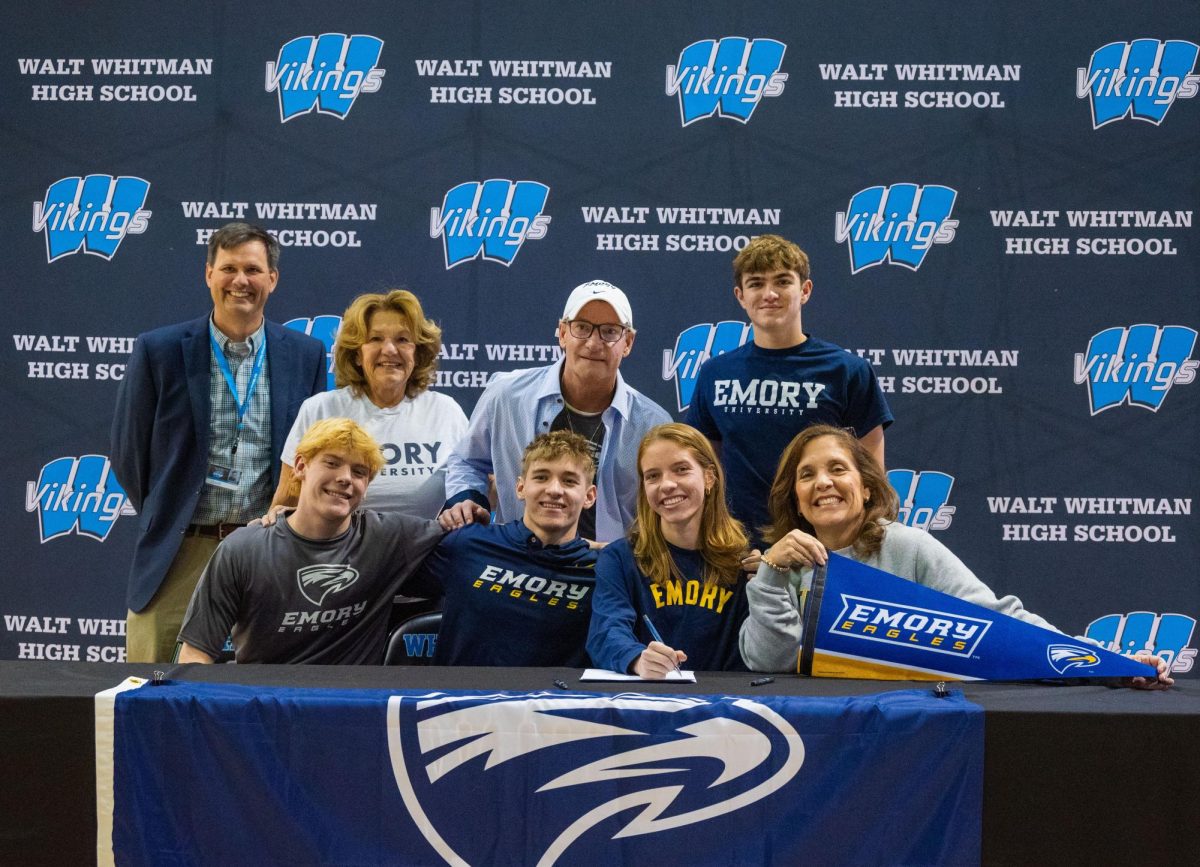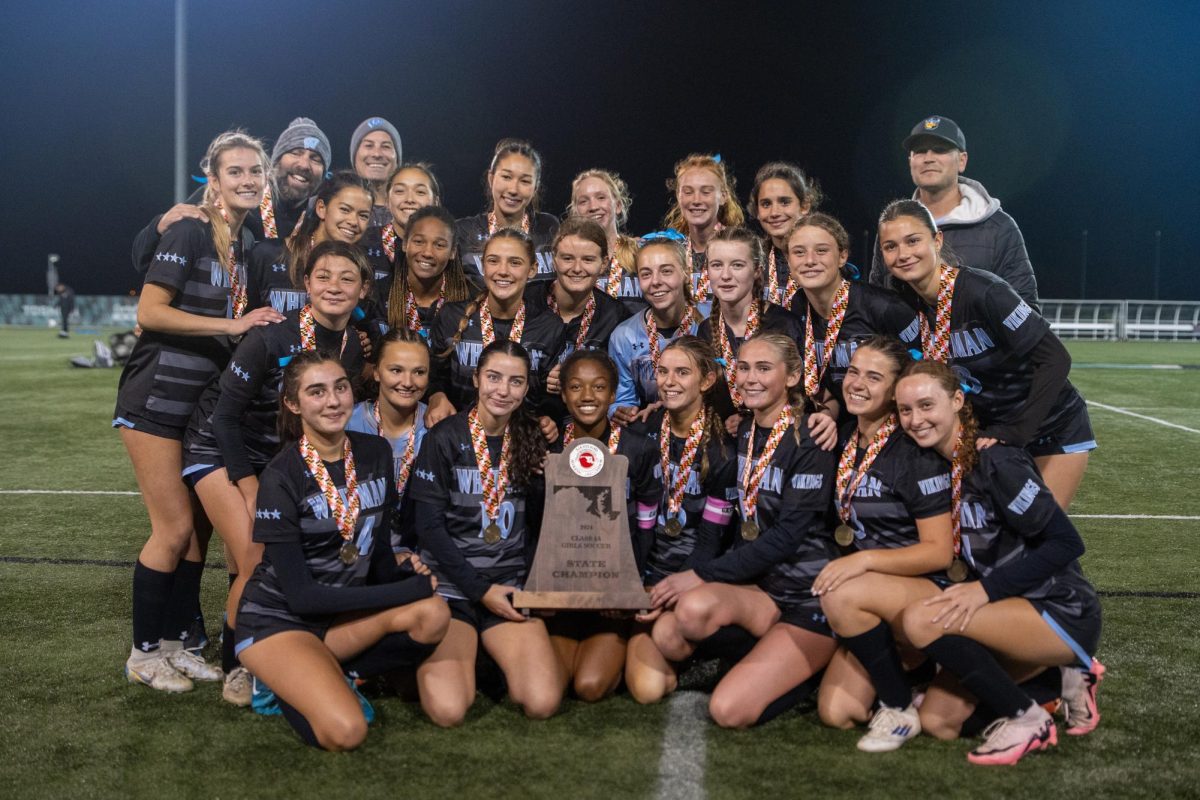The NFL owners have locked out the players. The players are suing the owners. And the fans are on the sidelines, watching and waiting to see whether America’s most popular professional sport will return in the fall.
Efforts to negotiate a new collective bargaining agreement between players and owners quickly spun out of control this NFL offseason as the two sides haggled over revenue split and player benefits. Despite extending talks for an extra week in early March to find a compromise, owners and players were unable to settle upon a new agreement for next year. If the players had still been unionized when the agreement expired on March 11, they would have been legally prohibited from taking the lockout to court for six months. So that afternoon, the players decertified their union and filed an antitrust suit, essentially suing the owners for any practice that restricts their ability to earn money and change teams.
The typical career of an NFL athlete lasts only three-and-a-half years, according to a report by the players union, and frequently includes debilitating injuries, leading to the players’ simple demand at the negotiating table of better health care for the athletes. The owners’ core demands were greedy: roughly an 18 percent decrease in player pay, with that money going to the owners, and two more games added to the regular season.
Despite the players’ lawsuit and the angry cries from fans, the owners haven’t backed down from the claim that they deserve a bigger cut of the gigantic pie that is the NFL’s revenue. They argue that new stadiums are expensive, conveniently leaving out the fact that, according to a March column by Washington Post columnist Sally Jenkins, the taxpayers have footed 54 percent of new stadium bills since 2002. And for all their claims about the teams losing money, the owners have refused to give the players specific financial information. George Atallah, the assistant executive director of external affairs for the players’ union, said in an interview that the lack of financial transparency led to worsened conditions at the end of the negotiations.
Owners aren’t just shutting out the players; tens of millions of fans are on the short end of the stick as well. As Jenkins points out her column, spending some public money for entertainment purposes – such as new stadiums – isn’t wrong, but there is something wrong with the owners taking hundreds of millions of tax dollars and repaying the public by shutting down the league.
The players are waiting in the next few weeks to see whether Judge Susan Nelson of the federal court in Minnesota grants an injunction to block the lockout, Atallah said. Another judge recently decided against the owners, ruling that they can’t collect the $4 billion in TV contract money they were previously guaranteed for next season even if there was a lockout and thus no football to televise. But the process if far from over; even if an injunction is granted, it’s likely that the NFL will appeal, extending an already tiresome ordeal. And to think that the whole situation could have been avoided if the millionaire owners were a little less piggy and a bit more interested in pigskin.
Kellan Steele contributed reporting to this article





